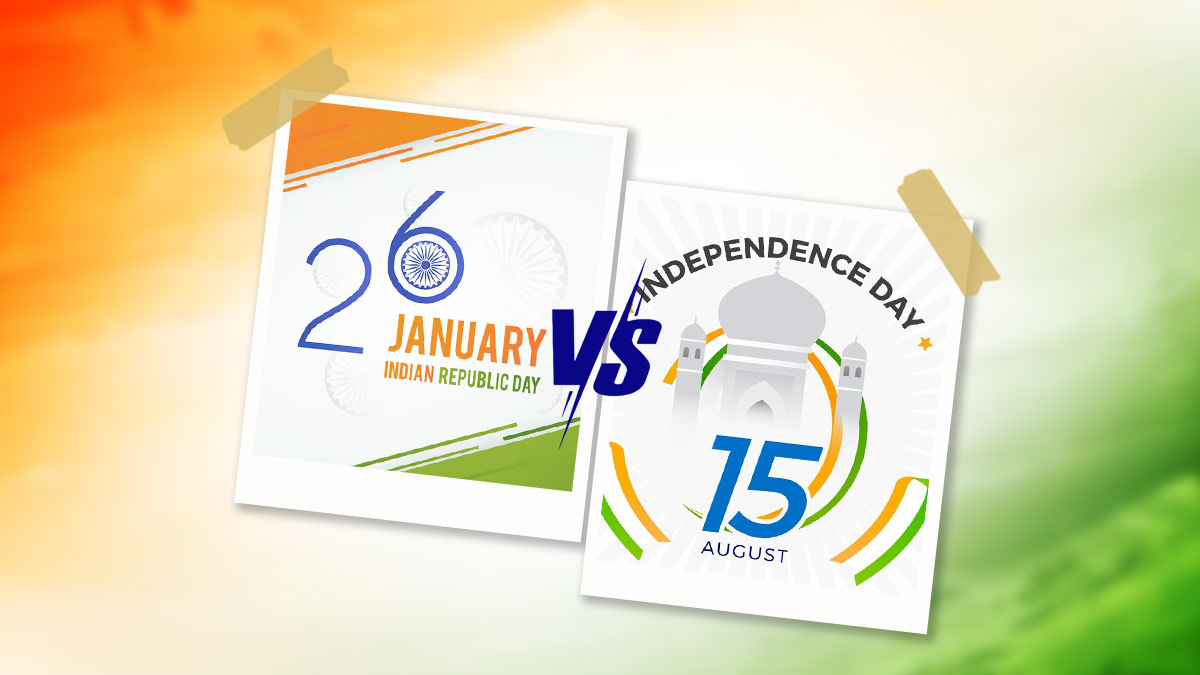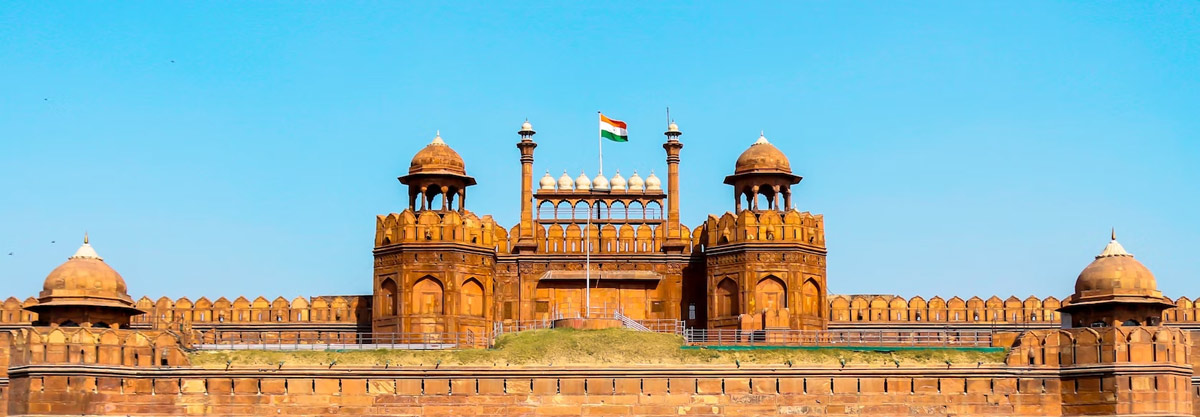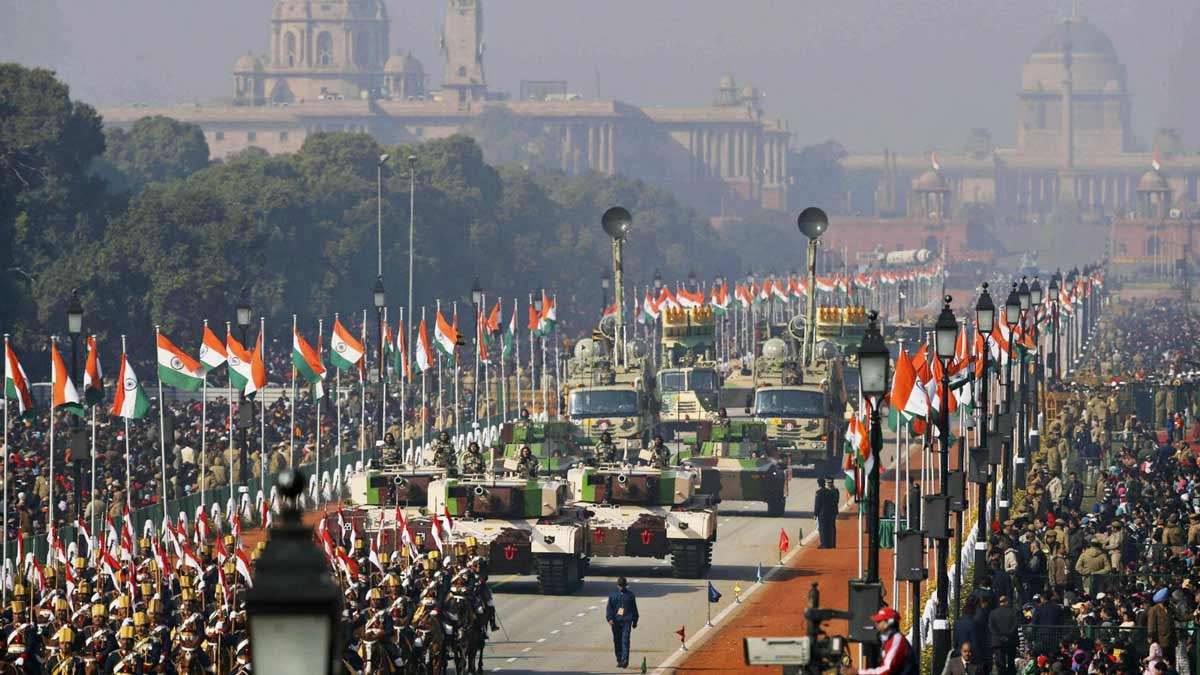
Republic Day and Independence Day are pivotal moments in India's history, celebrated annually to honor the nation's journey to freedom from British rule. Both days are public holidays, prompting citizens to engage in various activities and events that highlight national pride. While many people mistakenly consider these days to be synonymous, they each hold distinct significance. Here is a breakdown of both the national events, why they are important and how they are celebrated ationwide.

On the stroke of the midnight hour, between 14 and 15 August, 1947, India got independence from British rule. This day is celebrated with nationalistic fervour throughout the country. It reminds us of the courage and grit of freedom fighters who laid down their lives to achieve freedom for the nation from the colonial powers. They fought valiantly, got arrested and sometimes even got slayed, all for the cause of the nation. Independence day is used to remember their bravery and recalls the day we were freed from the brutal imperialist forces.
The elected Prime Minister addresses the nation at the historical monument Red Fort in New Delhi and hoists our tricolour flag. The national flag is hoisted in every state capital, city, village, town and school of the country to show their love for their country.
Don't miss: This Republic Day, Try This Yummy Tri-Colour Sandwich Recipe

India got independence in 1947 from British rule, however, it was not a Republic until 1950, when the constitution of the country was made and the country was declared as a Republic. In 1947, India got separated from the colonies and was recognised as an Independent nation among the comity of nations, but it still followed the British constitution and recognised the British Monarch as its head. It was on January 26, 1950, that India adopted its newly written constitution and became a Republic.
Becoming a Republic was important because it meant that India had a right to opt for its head of state to become the President of the country. This led C Rajagopalachari to become the last Governor General of India, as we could now have our own Presidents and did not need British-appointed heads of state.
Every year, to commemorate the special occasion there is a grand parade including all three wings of our armed forces pass through New Delhi to present to other nations the strength and vigour of our nation. It also involves the procession of colourfully decorated ‘Jhankis’ from every state and union territory to showcase their unique and diverse culture. This parade is telecast live on national television from New Delhi, and every year a head of another country is invited as the Chief Guest to witness the parade. This year, Egypt’s President Abdel Fattah al-Sisi will be the guest of honour for the Republic Day celebrations.
Don't miss: Republic Day Special: Wishes, Messages And Quotes To Greet Your Loved Ones
Image Courtesy: Freepik
Also watch this video
Herzindagi video
Our aim is to provide accurate, safe and expert verified information through our articles and social media handles. The remedies, advice and tips mentioned here are for general information only. Please consult your expert before trying any kind of health, beauty, life hacks or astrology related tips. For any feedback or complaint, contact us at [email protected].